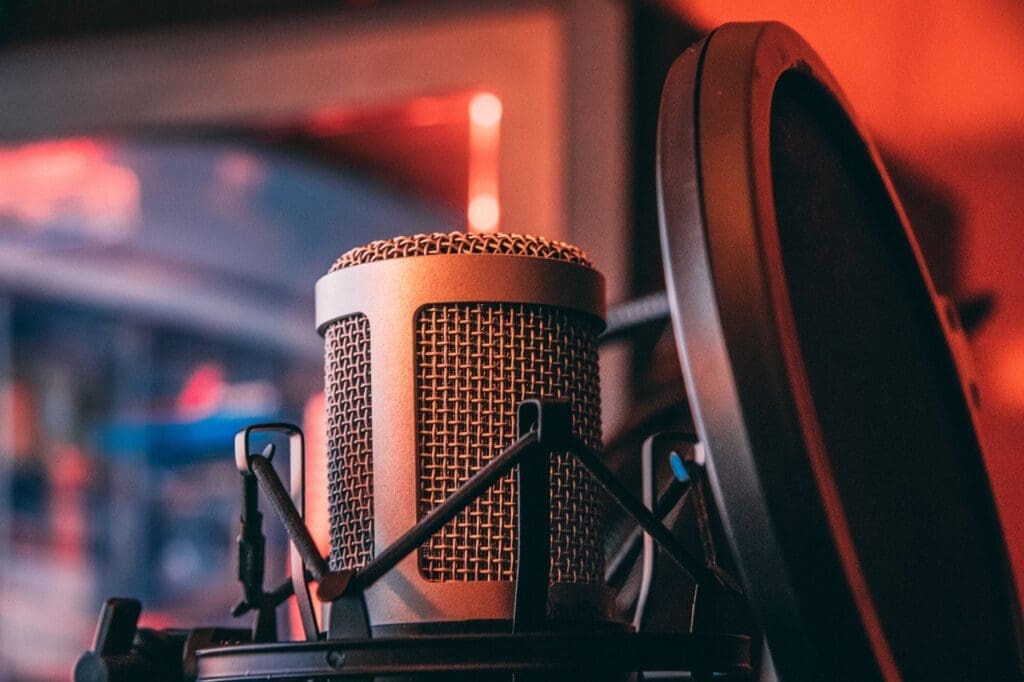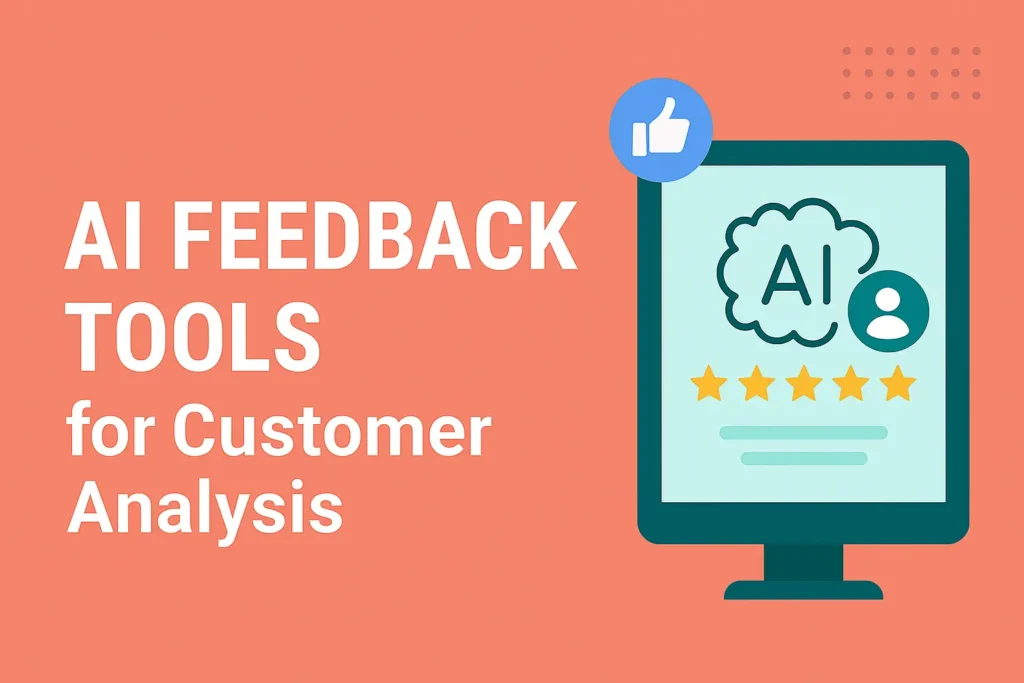Artificial Intelligence has already transformed industries like healthcare and finance, but now it is fundamentally changing the way we create and experience audio. Whether you are a hobbyist, an aspiring musician, or a professional composer, using an AI music tool can supercharge your creativity and simplify your workflow.In 2026, the landscape has shifted from simple background loops to full-blown song generation with lyrics and vocals. In this guide, we explore the best tools that use composition AI to generate melodies, harmonies, beats, and full-length tracks. From text-to-music phenomenon’s like Suno and Udio to professional scoring assistants like AIVA, we break down how these tools work and how to integrate them into your production process.
What Is an AI Music Tool?
An AI music tool is a software application that uses machine learning algorithms to generate, compose, or enhance music. These tools are trained on massive datasets of audio files, allowing them to understand patterns, structures, and mixing techniques just like a human composer.
But AI doesn’t just mimic; it innovates. With composition AI, artists can:
- Generate ideas: Overcome writer’s block by creating instant melody loops.
- Score video content: Create royalty-safe background music for podcasts and YouTube videos.
- Produce full songs: Generate radio-quality tracks with lyrics and vocals in seconds.
Top 8 AI Music Generators & Composition Tools for 2026
1. Suno AI
Best for: Creating full radio-quality songs (Lyrics + Vocals)
Suno has taken the world by storm, often described as the “ChatGPT for music.” It is currently the market leader for generating fully structured songs including verses, choruses, and realistic vocals from simple text prompts.
-
Key Features:
- Generates 4-minute songs with lyrics, melody, and harmony.
- V3.5 & V4 Models: Capable of producing hyper-realistic vocals in almost any language.
- Commercial Rights: Available on Pro and Premier plans.
-
Pricing: Free (50 credits/day), Pro ($10/mo), Premier ($30/mo).
-
Why Use It? If you want to create a “hit song” for a meme, a demo, or a project without knowing how to play an instrument, Suno is unrivaled.
2. Udio
Best for: High-fidelity music production and electronic genres
Released in 2024, Udio is Suno’s main competitor, known for its crisp audio quality and complex musicality. It excels at electronic, hip-hop, and pop genres, offering tools to “remix” and extend tracks with granular control.
-
Key Features:
- Inpainting: Allows you to re-generate specific sections of a song to fix errors.
- 32-second generation: Creates high-quality snippets you can extend into full tracks.
- Remix Feature: Change the genre of a track while keeping the melody.
-
Verdict: Udio is often preferred by producers who want more control over the sonic texture of the output.
3. AIVA (Artificial Intelligence Virtual Artist)
Best for: Classical, cinematic, and orchestral scores
AIVA remains one of the most robust tools for serious composers. Unlike simple text-to-music generators, AIVA offers deep control over the MIDI data, making it perfect for scoring films or games where precise emotional timing is required.
- Key Features:
- Produces complex multi-instrumental arrangements (Symphonic, Jazz, Rock).
- MIDI Export: Allows you to take the AI’s composition into your own DAW (Digital Audio Workstation) for refinement.
- Copyright: Pro plans offer full copyright ownership of the composition.
- Pricing: Free (Non-commercial), Standard (€15/mo), Pro (€49/mo).
- Internal Link: Perfect for students learning composition, check out our guide on AI tools for students.
4. Soundraw
Best for: Content creators, YouTubers, and Vloggers
Soundraw is designed specifically for creators who need background music that fits their video perfectly. It solves the “duration problem” by allowing you to customize the length, tempo, and mood of royalty-free tracks.
-
Highlights:
- Customization: Adjust the “energy” of the song to match your video’s climax.
- Royalty-Free: Safe for use on YouTube without copyright strikes.
- Interface: Clean, simple, and designed for non-musicians.
-
Use Case: If you are using AI video generation tools, Soundraw is the perfect companion to generate the soundtrack.
5. Boomy
Best for: Beginners wanting to release music on Spotify
Boomy gamifies music creation. It allows you to generate songs in seconds and offers a built-in distribution path to upload your tracks to Spotify, Apple Music, and TikTok. It claims to have generated over 14 million songs.
Key Features:
- One-click generation for Lo-Fi, EDM, and Rap beats.
- Monetization: Boomy collects royalties for you (though they take a cut).
- Dolby Mastering: Automatically masters tracks to sound loud and clear.
6. Shutterstock (formerly Amper Music)
Best for: Enterprise and commercial licensing
Amper Music was a pioneer in the space and was acquired by Shutterstock to integrate directly into their creative platform. It is now a go-to for businesses needing legally indemnified music for ads and corporate videos.
Why It Stands Out:
- Integration: Works seamlessly if you already use Shutterstock for stock footage.
- Fine Control: Allows users to swap instruments and adjust tempo on the fly.
- Legal Safety: Backed by Shutterstock’s licensing guarantee, making it safe for big brands.
7. Loudly
Best for: Mobile music creators and social media
Loudly offers a “studio in your pocket” experience. It combines an AI Music Generator with a massive loop library, making it ideal for creating high-energy tracks for TikTok or Instagram Reels directly from your phone.
Features to Know:
- Mobile-First: Excellent iOS and Android apps.
- Customization: Blend genres (e.g., “Techno” + “Cinematic”) for unique results.
- 100% Royalty-Free: Safe for social media usage.
8. Endlesss
Best for: Real-time music collaboration
Endlesss differs from the others, it’s a jam station. It focuses on collaborative creation, allowing musicians to “jam” together remotely in real-time using AI-assisted loops and effects.
Why Artists Use It:
- Live Jamming: Build loops with friends across the world instantly.
- Retro Vibe: Focuses on beat-making and loop layering rather than full song generation.
- Community: A strong social aspect for sharing beats and remixing others.
How to Choose the Best AI Music Tool
Your choice depends entirely on your end goal. Here is a quick decision matrix:
| If you want to… | Use this tool |
| Create a viral song with vocals | Suno or Udio |
| Compose an orchestral score (MIDI) | AIVA |
| Get background music for YouTube | Soundraw |
| Release tracks to Spotify | Boomy |
| Jam with friends online | Endlesss |
A Note on Copyright and Ethics
As of 2025, the legal landscape for AI music is evolving. Tools like Soundraw and AIVA offer clear royalty-free licenses because they are trained on licensed or public domain data. However, generative tools like Suno and Udio are currently facing legal challenges from major record labels regarding their training data.
Expert Tip: If you are creating music for a major commercial campaign (TV ad, Netflix show), stick to Shutterstock (Amper) or Soundraw to ensure legal safety. for personal projects or social media, Suno and Udio are unmatched in quality.
Final Thoughts: The Future of Composition AI
AI music tools are no longer just novelties; they are essential productivity tools for the modern creator. In the near future, we expect to see voice-to-music capabilities (singing a melody that the AI converts to a cello) and deeper integration with video editing software.
Music is no longer restricted to those with years of theory training. With these tools, the barrier to entry has vanished. Pick your tool, type a prompt, and let your imagination compose something extraordinary today.






